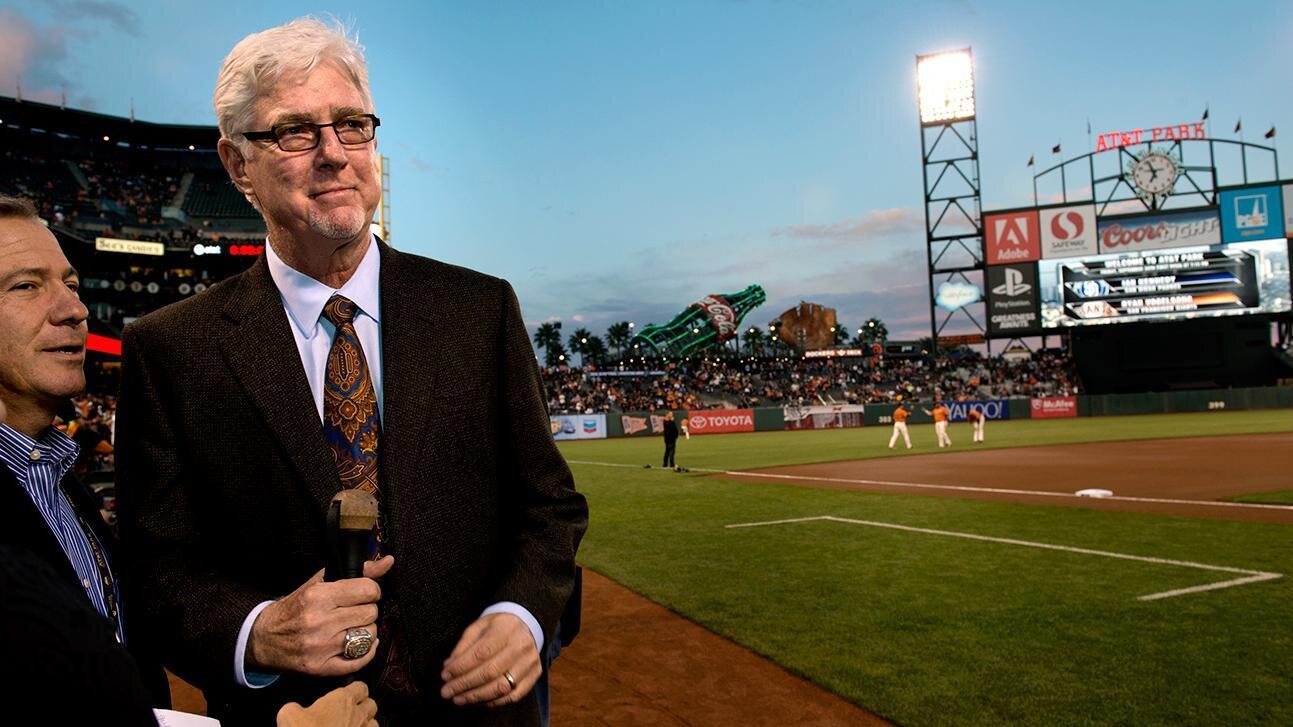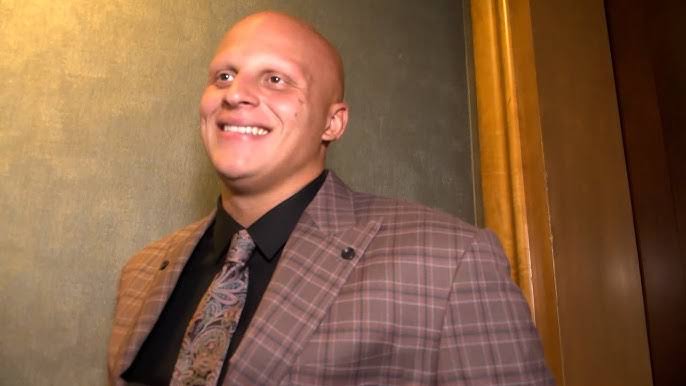There are a select few guitarists who are universally recognized as legends in the world of music. Names like Jimi Hendrix and Jimmy Page are often mentioned in reverent tones, and Eddie Van Halen is undoubtedly among them, especially for his groundbreaking work on “Eruption.” However, despite the influence Eric Clapton had on him, Van Halen held another musician in even higher regard: Jack Bruce.
Different Musical Languages
Eddie Van Halen’s admiration for Eric Clapton is well-documented; Clapton was the first guitarist who inspired him to pick up the instrument. But when it came to pure skill and innovation, Van Halen believed Jack Bruce outshone Clapton. The two musicians had vastly different approaches to their craft. Clapton, rooted in the blues tradition, developed his iconic sound with The Yardbirds and later with Cream. Jack Bruce, on the other hand, infused his music with jazz elements, taking every great song he played and elevating it to new heights.
The Formation of Cream

Cream’s formation was a direct result of Clapton’s desire to move beyond the constraints of straight blues. He sought out musicians who could challenge him and push the boundaries of their music. In Jack Bruce, he found a bassist who played with the intensity and creativity of a lead guitarist. Bruce’s style was revolutionary; he played with his fingers, navigating the fretboard with a finesse that many could only achieve with a pick. His ability to seamlessly integrate complex jazz scales into rock music set him apart from his contemporaries.
Eddie’s High Praise
Eddie Van Halen was in awe of Jack Bruce’s talent. In an interview with Brad Tolinski, Van Halen highlighted Bruce’s exceptional skills: “Listen to ‘I’m So Glad’ on Goodbye and adjust the balance to the right–Jack Bruce and Ginger Baker were playing jazz through Marshall stacks. Jack is an insane player. The bass playing is the most insane twisting and changing thing I’ve ever heard in my life. Clapton sounds lost.”
Van Halen recognized the brilliance in Bruce’s ability to anchor the music while simultaneously pushing its boundaries. This appreciation for Bruce’s skill influenced Van Halen’s own approach to music, particularly his rhythm playing. Eddie’s meticulous attention to rhythm, often locking in with his brother Alex during performances, can be seen as a reflection of Bruce’s influence.
Beyond Clapton
Even Clapton himself might have agreed with Van Halen’s assessment. During Cream’s early years, Clapton’s playing evolved significantly, partly due to the dynamic interplay with Bruce and drummer Ginger Baker. Bruce’s ability to drive the music forward with his intricate bass lines provided Clapton with a robust foundation, allowing him to explore new sonic territories.
Eddie Van Halen’s playing, renowned for its technical prowess and innovative tapping techniques, also bore traces of Bruce’s influence. While Van Halen often cited Clapton as a primary influence, the jazz-infused swing and complex rhythmic structures in songs like “Hot for Teacher” and “I’m the One” suggest that Bruce’s approach left a lasting impact on him.

Eddie Van Halen’s admiration for Jack Bruce highlights the often-overlooked brilliance of the bassist. While Clapton’s influence on Van Halen is undeniable, it was Bruce’s innovative playing and jazz-infused style that truly captivated him. This appreciation for Bruce’s skill is a testament to the depth and complexity of his musicianship, cementing his place in the pantheon of rock legends. As Van Halen’s own career demonstrated, the best musicians are those who continually seek out new influences, pushing the boundaries of their art just as Jack Bruce did throughout his illustrious career.



